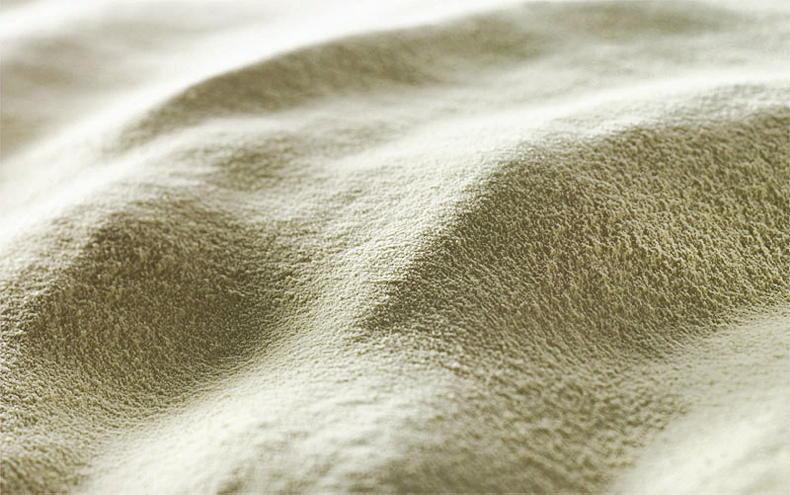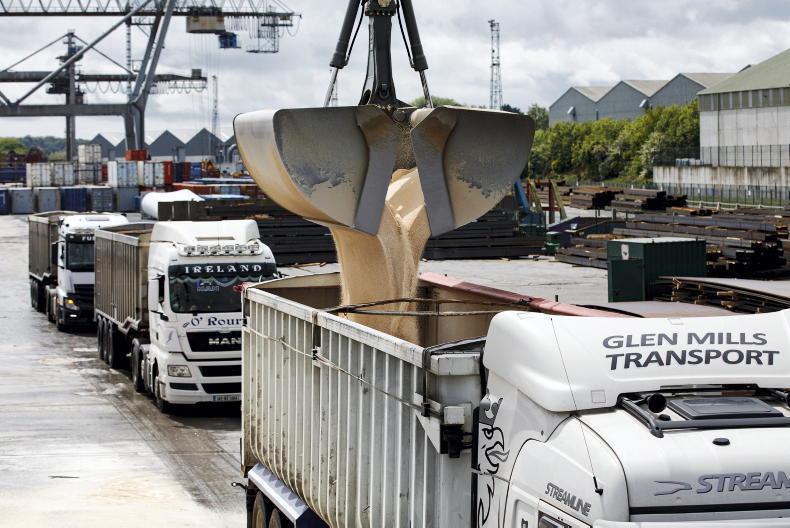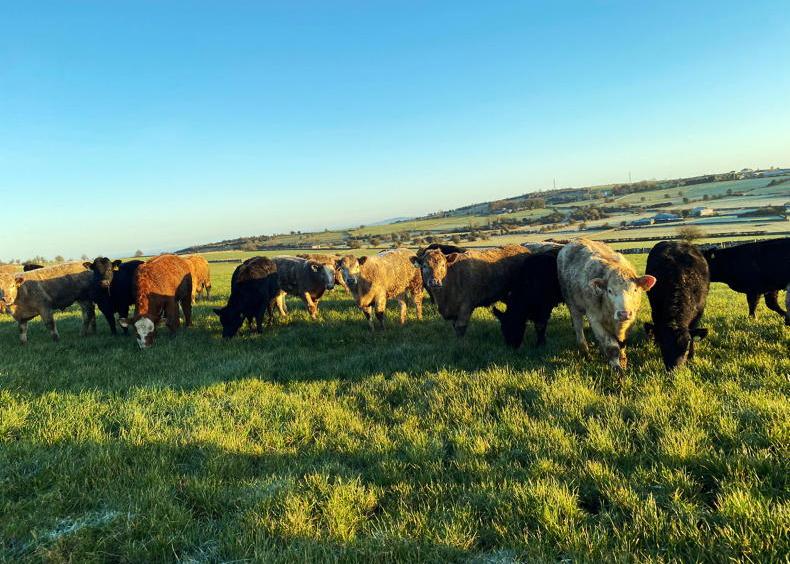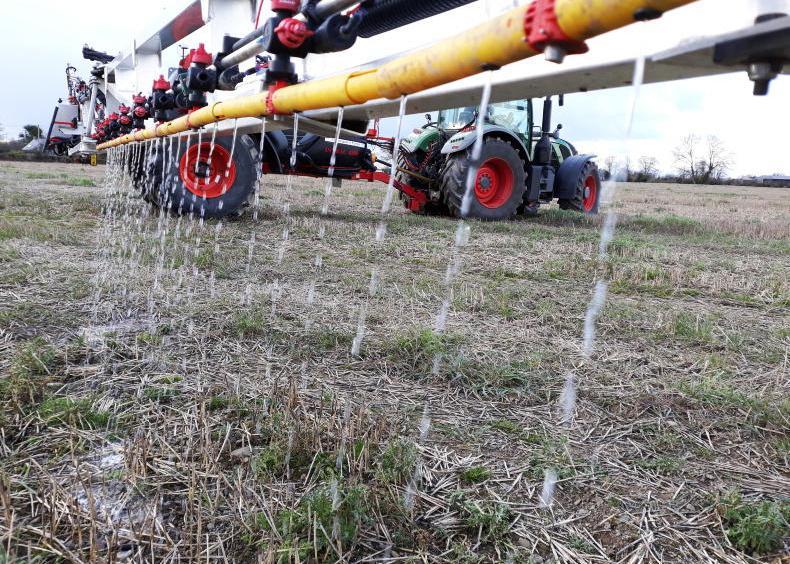Ireland is one of the most efficient producers of dairy and beef in the world and, as Jason Clay of the World Wildlife Fund stated, the country has now established itself as an exporter.
As Ireland strives to reduce its emissions, farmers and the agricultural industry grow frustrated and argue that if Ireland reduces production, that product will be produced in another country which is less efficient.
However, Clay is focused on improving efficiency and noted that “technologies will allow farmers to reduce impacts to more acceptable levels.”
He added: “One of the things I would do very soon is, in addition to sending dairy products to those markets, why don’t you sell carbon sequestration, habitats and biodiversity? Supply other things they’re starting to look for.”
Clay explained that this could double or triple the value of products and make supply chains and producers more resilient.
The World Wildlife Fund’s markets specialist noted that farmers need to make the most out of features on their farm or land that is not producing food or is not productive enough.
“Every farm has some land that they can’t farm, whether it’s ditches or mountains or rocky outcrops. Those lands, for the most part, are not being used to generate any income right now. We think they can be used to generate some sequestration that could be carbon that you could measure and sell.”
On land that is not producing to its potential he noted that some of the solutions may be in “letting some of that land go” and “finding markets for that land that don’t require you to degrade it”.
“As we look at global commodities, about 25% of the land in any commodity produces about 50% of the impacts, but only 10% of the product, so taking some of that land out makes sense and changing what you’re producing or how you’re producing it.”










SHARING OPTIONS